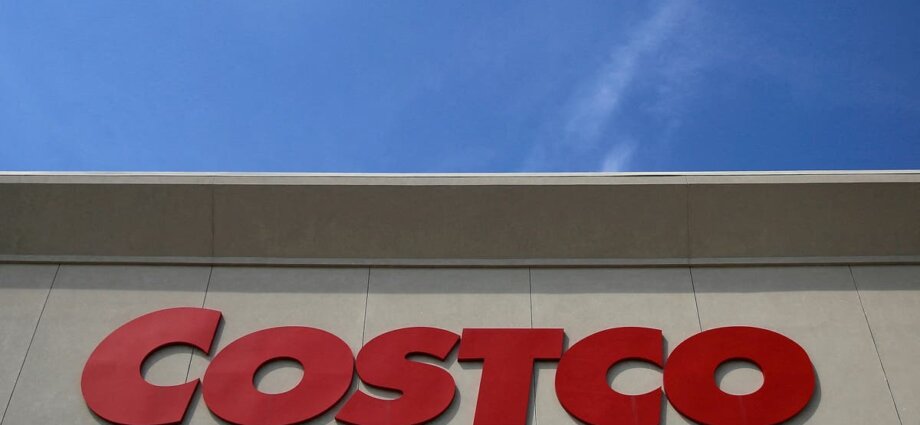Wholesale giant Costco has recalled more items as a slew of major retailers grapple with potential listeria contamination in their food products.
The store joins other big grocers like Trader Joe’s, Kroger, Aldi, Walmart, HEB, and Target. Trader Joe’s recently recalled salads, a wrap, and other chicken products. Target recalled pasta and burritos, while Costco’s affected products range from chicken taquitos to frozen waffles.
Costco is urging any shoppers who bought the items from July through October to return them to its stores for a full refund. However, there have been no confirmed reports of adverse reactions or illness due to the consumption of these products.
One of the major recalls comes from the meat maker BrucePac, which processes millions of pounds of cooked proteins every week. Its Durant, Oklahoma, facility recalled ready-to-eat meat and poultry produced from May 31 through October 8, impacting nearly 12 million pounds of potentially contaminated meat that were distributed to major stores, restaurants, and schools across the country.
Earlier in the year, Boar’s Head Provisions recalled millions of pounds of ready-to-eat deli meat and poultry products from its Jarratt, Virginia, plant, which shut down in September. That outbreak has sickened 59 people across 19 states, and 10 people have died.
This week also saw the first lawsuits against McDonald’s over an outbreak of E. coli possibly tied to its slivered onions and beef patties. McDonald’s has pulled some products from stores.
But, the Food and Drug Administration told FOX Business on Friday that this fiscal year’s food-related recall events have been “generally consistent” with years past.
“There may be a perception that the amount of recalls has increased particularly if one recall event has a large number of affected products,” the administration said in a statement provided to FOX Business, adding that these recalls are “critical in protecting the public against harmful products.“
Food safety events are random, but health officials may be getting better at linking infections together, according to Rutgers University.
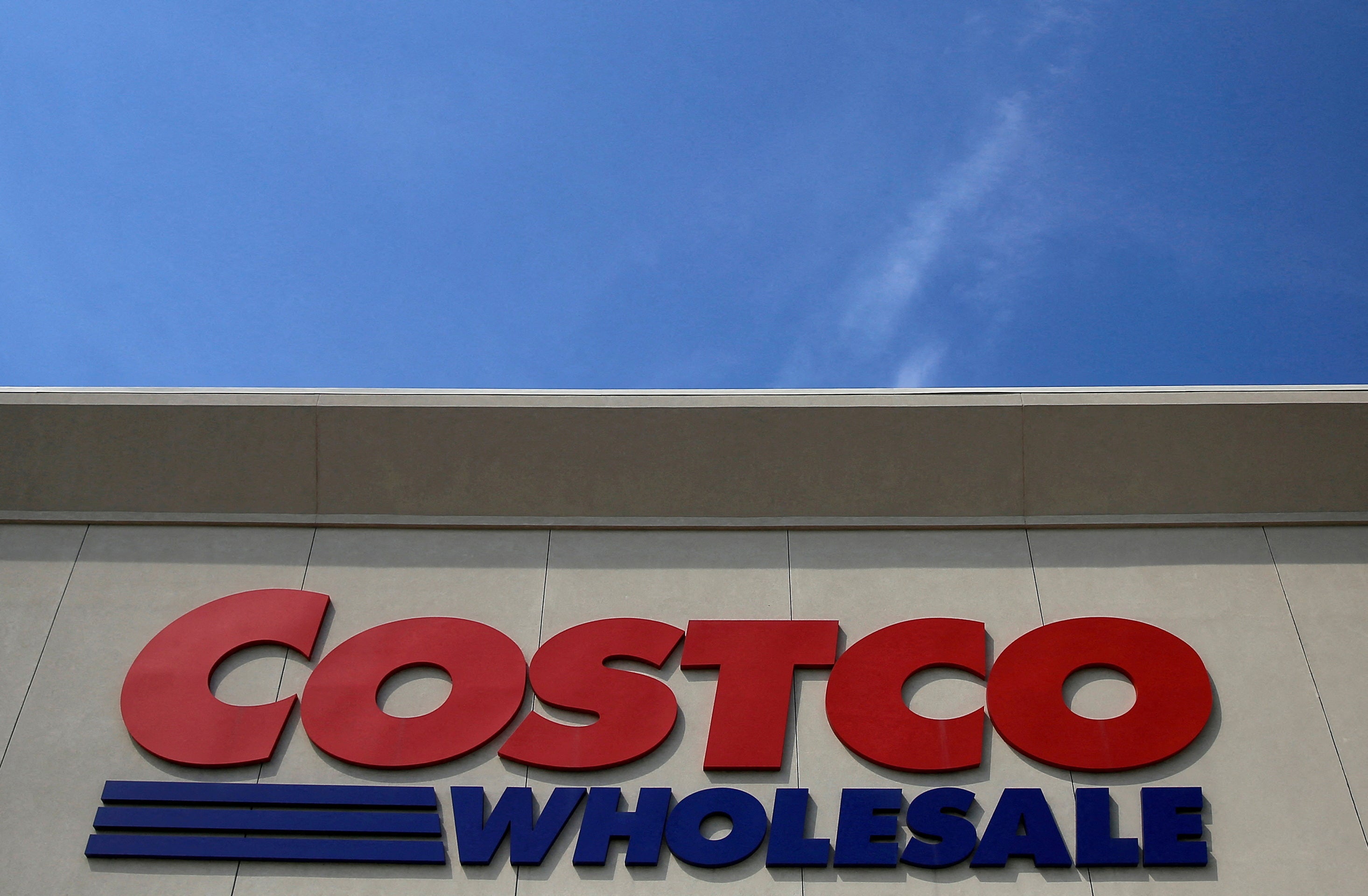
What Costco products have been affected?
Most recently, Costco has recalled Krustez Belgian Waffles, Kirkland Signature Smoked Salmon, Rana Chicken Truffle Carbonara, Rana Tagliatelle Grilled White Chicken and Portobello Mushroom, El Monterey Chicken Taquitos, Red’s Mini Chicken Burritos, the Readywise 110 Serving Emergency Protein Bucket, and the Nutristore FD Deluxe Meat Variety 12Pack.
The Nutristore, Red’s All Natural, Ruiz Foodservice’s El Monterey, and Giovanni Rana products are a part of the BrucePac recall.
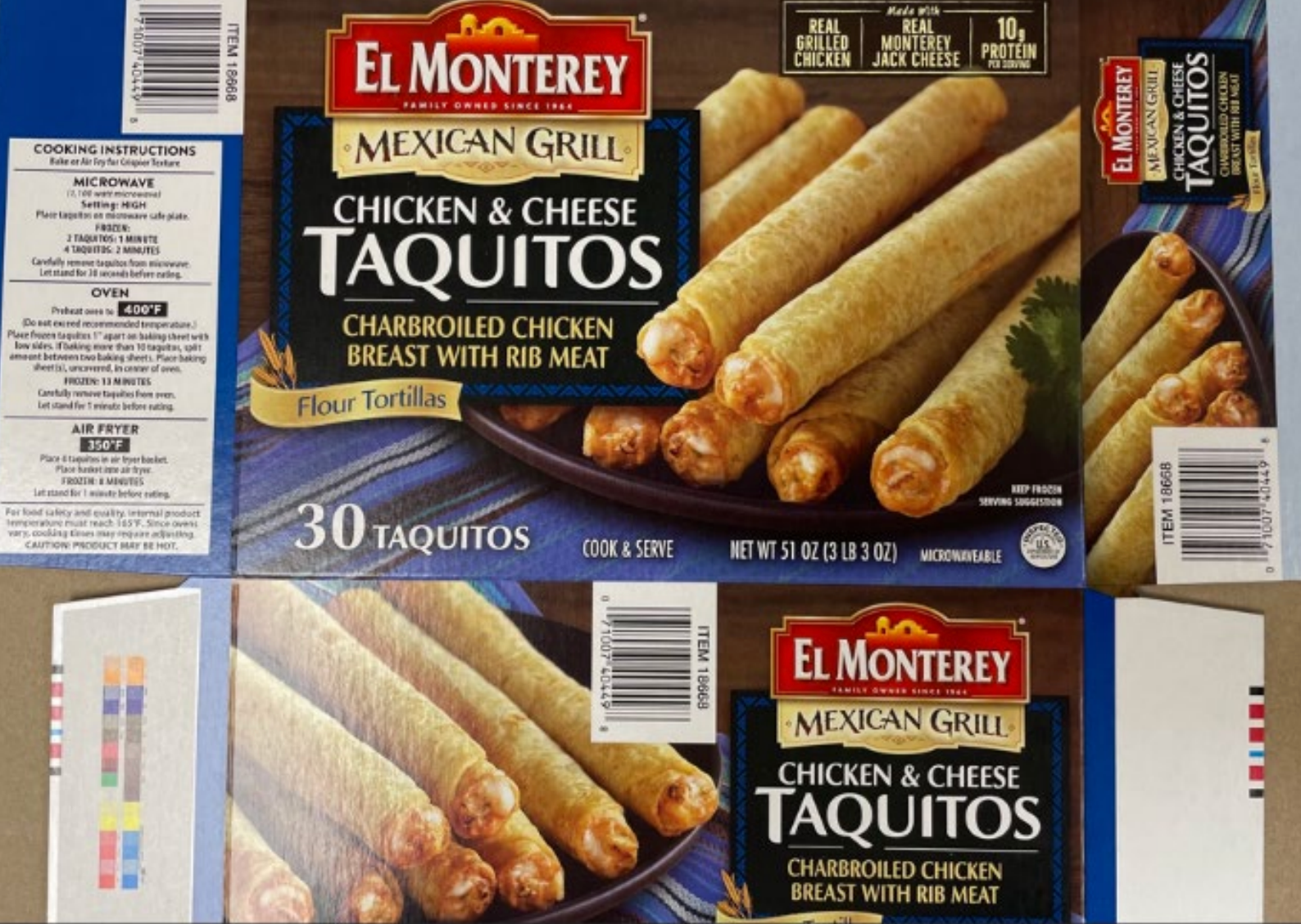
Acme Smoked Fish, which produces the Kirkland Signature Smoked Salmon, said the recalled item was only on Costco shelves between October 9-13. After that, it was removed.
Readywise said its recall was based on potential listeria contamination by one of its suppliers. It was not included on the 400-page BrucePac recall list.
And Treehouse Foods, which makes the waffles, has expanded its recall to include all products manufactured at one facility. That includes Belgian waffle and pancake products.
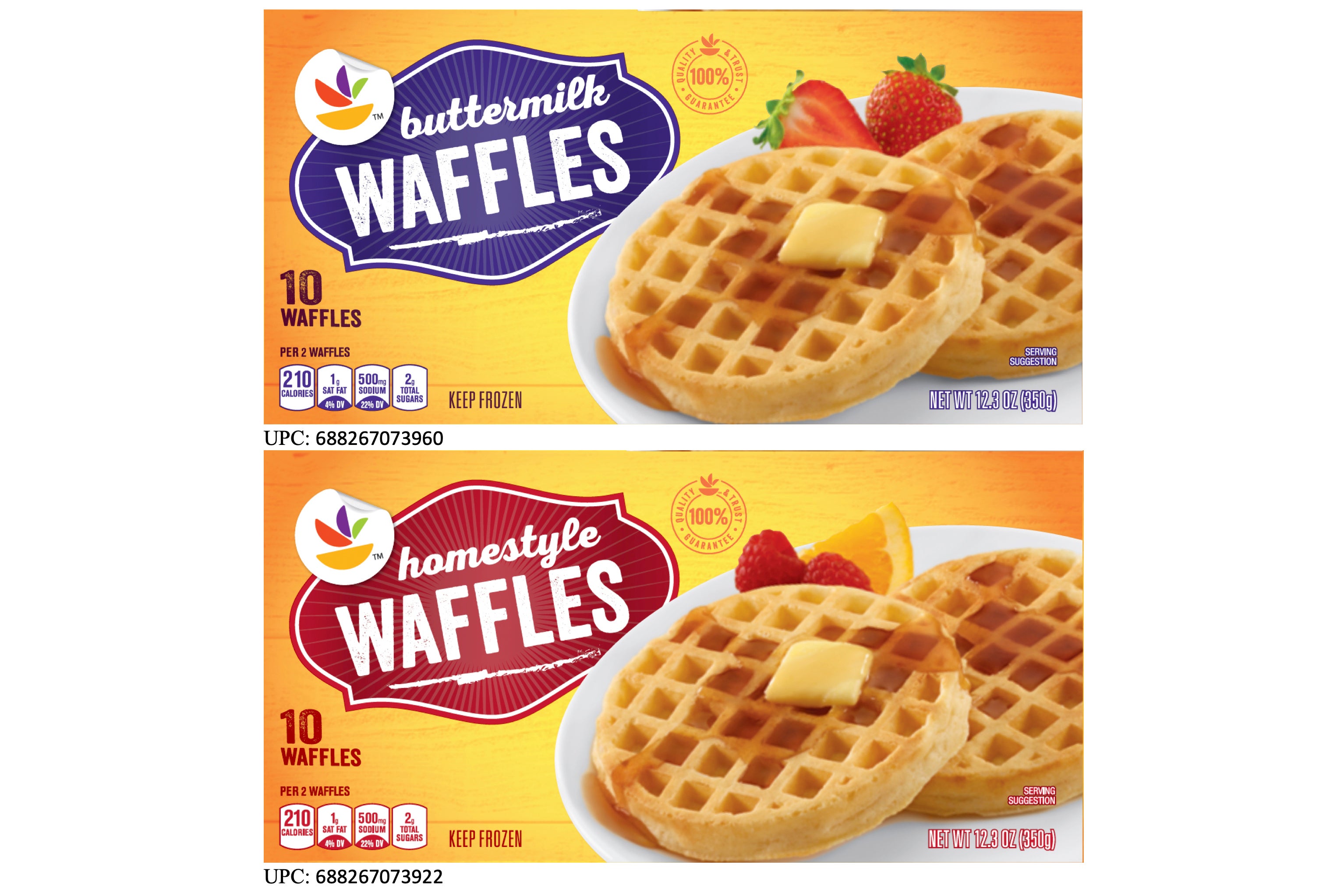
Where were these products sold?
The Nutristore FD Deluxe Meat Variety 12Pack was sold at Costco.com only. TreeHouse Foods said its recalled products were distributed throughout all states and provinces in both the US and Canada. The Kirkland Signature Smoked Salmon was only in Florida stores. The Giovanni Rana products were also recalled in both the US and Canada. It remains unclear exactly where the other products were distributed. But, Costco maintains a list of recalled products for customers to check, including the lot codes and Best By dates of affected products.
Many schools that were affected by the BrucePac recall were in Pennsylvania.
What companies were impacted by the BrucePac recall?
Some of the brands that are part of the BrucePac recall include: 7Eleven, Amazon Fresh, Amazon Kitchen, Atkins, Bell & Evans, Boston Market, Central Eats, Dole, Eat!, El Monterey, Fresh Express, Fusia, Giant Eagle, Gordon Choice, Good & Gather, Great Value, H-E-B, HMS, Home Chef, Jenny Craig, KitchenMate, Kroger, Little Salad Bar, Marketside, Meijer, Michael Angelo’s Gourmet Foods, Michelina’s, Mom’s Meals, RaceTrac, Raley’s, Ready Meals, Red’s, Save Mart, Signature Select, Taylor Farms, Trader Joe’s, Udi’s, Wegmans, and Whitsons.
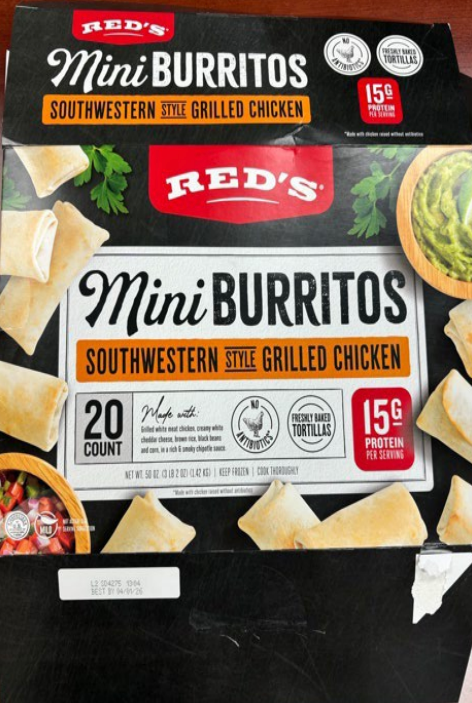
But, the Department of Agriculture’s Food Safety and Inspection Service notes that some of the recalled products do not have a brand. To find those products on its list, consumers are encouraged to search by product type or name.
What causes listeria infection?
Listeria are bacteria that can contaminate many foods, causing an infection known as listeriosis. Each year in the US, 1,600 people are infected and 260 die. The bacteria can cause invasive illness and intestinal illness. Those at the highest risk of infection include pregnant people, newborns, people with weakened immune systems, and those aged 65 or older. Other people can become infected, but they rarely become seriously ill.

What are the symptoms of infection?
Symptoms of listeria infection vary depending on the person infected and the part of the body affected. In bacteria that have spread beyond the intestines, symptoms usually begin within two weeks of eating contaminated food. Symptoms of this “invasive” illness for those who are not pregnant include fever, muscle aches, fatigue, stiff neck, confusion, loss of balance, and seizures. Nearly 1 in 6 non-pregnant people with invasive listeriosis die. In people who are pregnant, symptoms include fever, muscle aches, and fatigue. Symptoms are usually mild in people who are pregnant and some may never experience symptoms. However, infection during pregnancy can lead to miscarriage, stillbirth, premature delivery, or life-threatening infection of the newborn.
Alternatively, intestinal illness is rarely diagnosed. Laboratories do not regularly test patient samples of listeria. Symptoms of intestinal illness usually start within 24 hours after eating food contaminated with listeria and last for up to three days. They are usually mild and can include diarrhea and vomiting.
How can people stay safe?
There are three things to do to help prevent illness. First, chill food at the right temperature in a refrigerator. The appliance should be set at 40 degrees Fahrenheit and the freezer should be at 0 degrees. Second, ready-to-eat foods should be used by the Use By date on the package. The longer they’re in the fridge, the more chance listeria has to grow. And third, keep the refrigerator clean to prevent any other place for listeria to grow.











